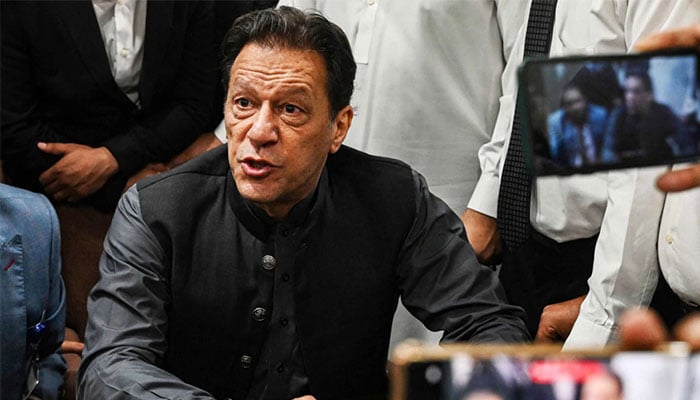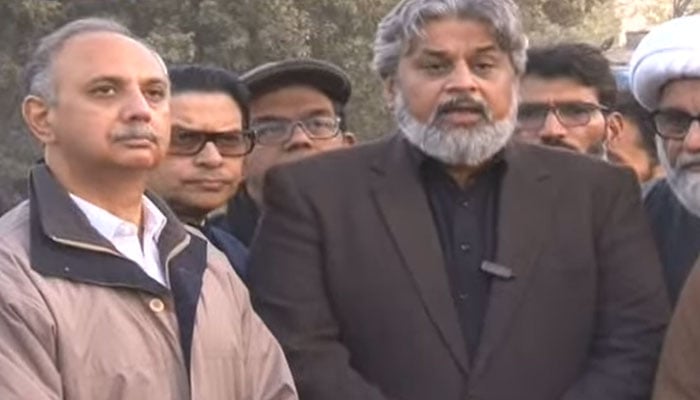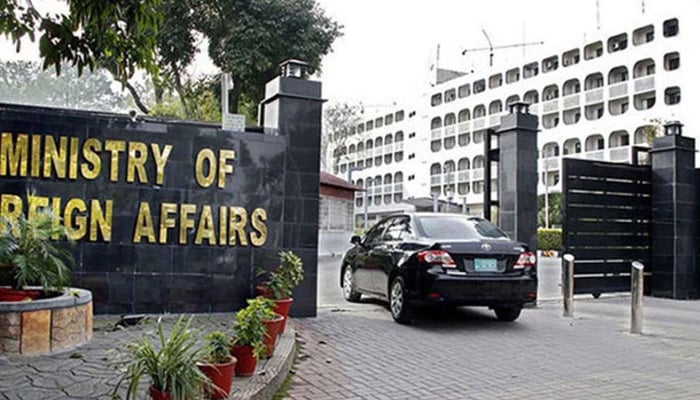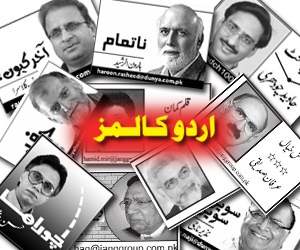Yeh Toh Abhi Sirf Aagaaz Hai
Posted By: Ali on 08-11-2016 | 11:09:57Category: Political Videos, NewsChina’s Billions Luring Once Shy Foreign Investors to Pakistan
After years of flat direct foreign investment, it has taken China’s pledges of billions to get overseas companies to start looking beyond Pakistan’s negative headlines on security challenges and power outages.
While investment into Pakistan has been little changed in the three years since Prime Minister Nawaz Sharif was elected, companies including Turkey home appliances maker Arcelik AS and Dutch dairy giant Royal FrieslandCampina NV are making acquisitions in Pakistan.
Along with a military crackdown against militants following a 2014 school massacre and the government’s plans to end power shortages by 2018, it is China’s vote of confidence in the country that has boosted investor confidence. It pledged $46 billion in soft loans and investments in a so-called China-Pakistan Economic Corridor, or CPEC, announced last year.
“Pakistan has turned the tide,” said Mattias Martinsson, the Stockholm-based chief investment officer at Tundra Fonder AB, which holds about $160 million in Pakistani stocks. “The CPEC agreement was probably the trigger for many investors to actively start looking. We all know China does not take short term decisions.”
New power plant projects fueled by Chinese investment are expected to help with Pakistan’s chronic outages and pave the way for investment in other industries. Consumer companies are taking the lead to cater to the world’s sixth largest nation by population.
“If you look at demographic and population, it’s just a great place to be,” said Naz Khan, Chief Financial Officer at Engro Corporation Ltd. whose food subsidiary is being bought by Dutch dairy company FrieslandCampina, which is looking to take a 51 percent stake in a deal valued at about $545 million at the Nov. 4 closing.
Consumer Spending
Consumer spending in Pakistan has increased 83.4 percent in the past five years compared with 48.7 percent in the Asia-Pacific region, according to data by Euromonitor International, a consumer research firm. Its forecasts show Pakistan’s disposable income has more than doubled in six years.
A motorist drives on an unlit street during a power cut in Karachi in July 2015.
“Its young population, increasingly growing economy, makes it an enticing prospect as a market in the region,” Polat Sen, chief financial officer at Arcelik, said by e-mail. “Pakistan is on the verge of an investment-led growth cycle.”
Arcelik is scheduled to complete its purchase of Pakistan’s home appliance maker Dawlance for $243.2 million this month. It plans to focus on the local market and closely evaluate opportunities in the current export markets of Dawlance, according to Sen.
Pakistan’s government expects the economy to grow at the fastest pace in a decade after completing an International Monetary Fund loan program that averted a balance of payment crisis and boosted foreign exchange reserves to a record level. The economy is expected to grow around five percent annually for the next three years and Arcelik plans to keep its sales growth above that, according to Sen.
Despite the optimism, Pakistan’s political outlook remains tricky with some some observers questioning the military’s control over the country. The army has cracked down on militants but attacks are continuing, with at least 61 killed last month when three armed men wearing suicide vests broke into a police academy.
And multiple economic challenges remain. The nation’s overseas shipments for the year through June fell to the lowest level since 2010, current account has more than doubled in the quarter ending September and less than one percent of the population are registered tax-filers.
“Foreign investors are definitely interested. I think what is stopping them from jumping over the wall is element of unpredictability,” said Shahab Rizvi, president of the Overseas Investors Chamber of Commerce and Industry, whose members include local units of GlaxoSmithKline Plc and Coca Cola Co. “I mean government policies tend to change, primarily regulatory policies such as taxation. These actually move like a pendulum.”
Pakistan’s automobile sector has also attracted interest with Renault entering exclusive negotiations with Ghandhara and Al Futtaim to develop a brand in Pakistan, a spokeswoman said by phone on Nov. 3. Meanwhile, investments are expected to jump to $5 billion in the year starting July from $1.28 billion in the last fiscal year as power plants come on line, Miftah Ismail, chairman of the nation’s Board of Investment, said in an August interview.
“I think you will also see Pakistan moving more toward merchant markets, you know people coming in and start taking risks," Khan said. “ I think this is just the beginning."

 Chief Minister Sindh Murad Ali Shah Speech
Chief Minister Sindh Murad Ali Shah Speech
 Imran Khan Big Conspiracy Exposed
Imran Khan Big Conspiracy Exposed
 PTI founder praised the government
PTI founder praised the government
 Military Courts Sentence Perpetrators of May 9
Military Courts Sentence Perpetrators of May 9
 60 more criminals involved in the May 9 tragedy were sentenced
60 more criminals involved in the May 9 tragedy were sentenced
 We want to bring the negotiations to a logical conclusion by January 31, Sahibzada Hamid Raza
We want to bring the negotiations to a logical conclusion by January 31, Sahibzada Hamid Raza











